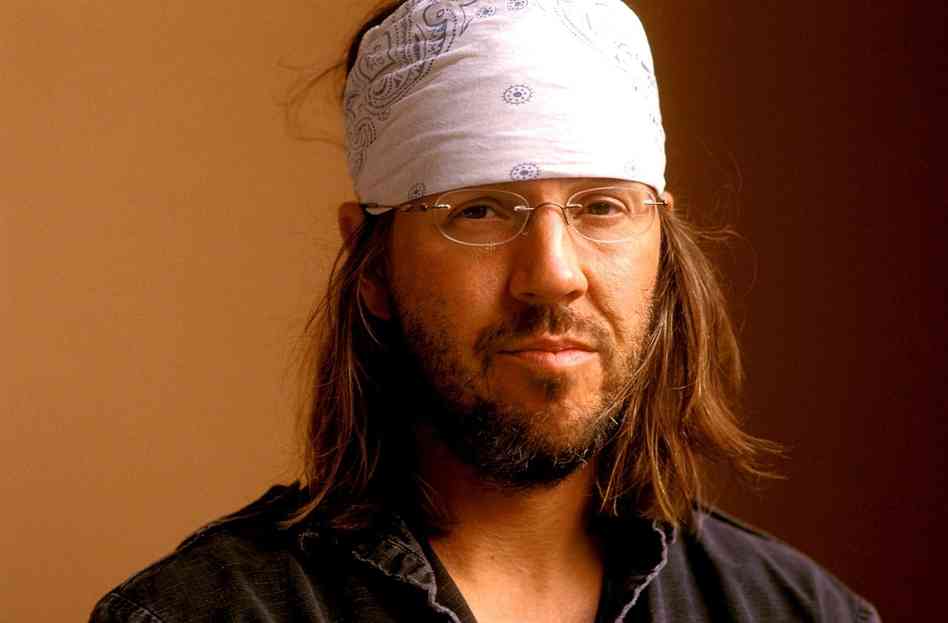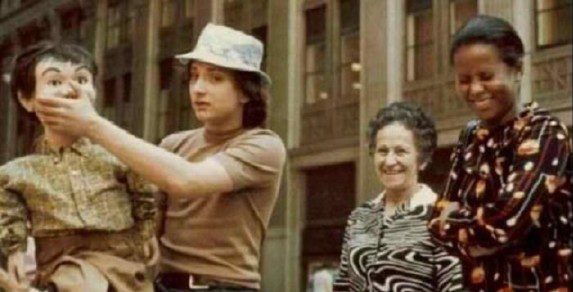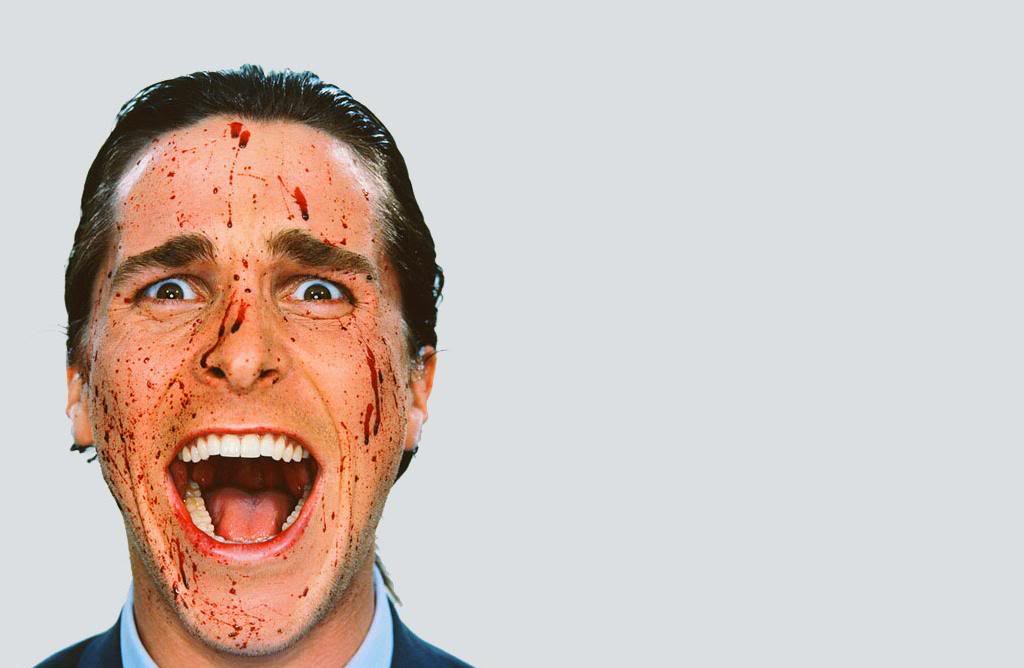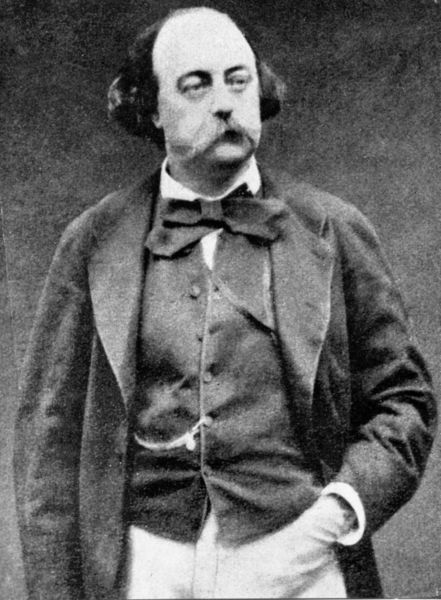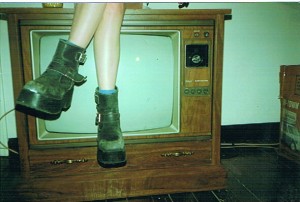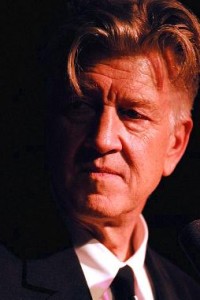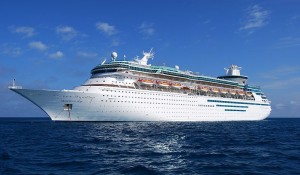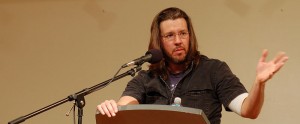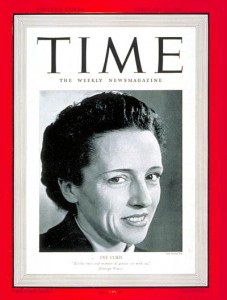David Foster Wallace overdid it in many ways, and his journalism seemed to conveniently descend into fiction when need be, but he was genuinely brilliant, certainly far superior to Bret Easton Ellis, who wrote, oy gevalt, Less Than Zero. That ersatz-J.D. Salinger-makes-a-snuff-film literary stain is so deeply ingrained on the sheets that you have throw away the whole bed.
Ellis uses a new Medium essay to yet again disapprove of his late contemporary and also to take aim at the new Wallace biopic, The End of the Tour. He is correct that such films almost universally reduce their subjects with hagiography, meaning to make them more likable but instead robbing them of their humanity. An excerpt:
The David in this movie is the voice of reason, a sage, and the movie succumbs to the cult of stressing likability. But the real David scolded people and probably craved fame — what writer isn’t both suspicious of literary fame and yet curious in seeing how that game is played out? It’s not that rare and — hey — it sells books. He was cranky and could be very mean and caustic and opportunistic, but this David Foster Wallace is completely erased and that’s why the movie is so resolutely one-note and earnest. There’s so much handwringing about doing one dumb book tour and being “terrified” by a magazine profile — and this is looked on as a sign of pure integrity in the movie — that at some point you may want to tell the screen: “Just don’t finish the tour, dude, if it hurts so much, and shut up about it. Don’t talk to freakin’ Rolling Stone. Get over it. Chill.”
This is not the David Foster Wallace who voted for Reagan and supported Ross Perot, the David who wrote a scathing and deliciously cruel put-down of late-period Updike, the David who posed for glamour-puss photos in Interview magazine (years before Infinite Jest) and appeared on Charlie Rose numerous times — all of which the movie strongly suggests was probably absolute agony for David who keeps naively fretting about his real self being co-opted by a fake self, as if a man as intelligent as Wallace would really care one way or the other, but the movie insists this was the case which perversely reveals Wallace to be the world-class narcissist so many people (even Jonathan Franzen, a close friend, and Mary Karr, an ex) always assumed he was.•

